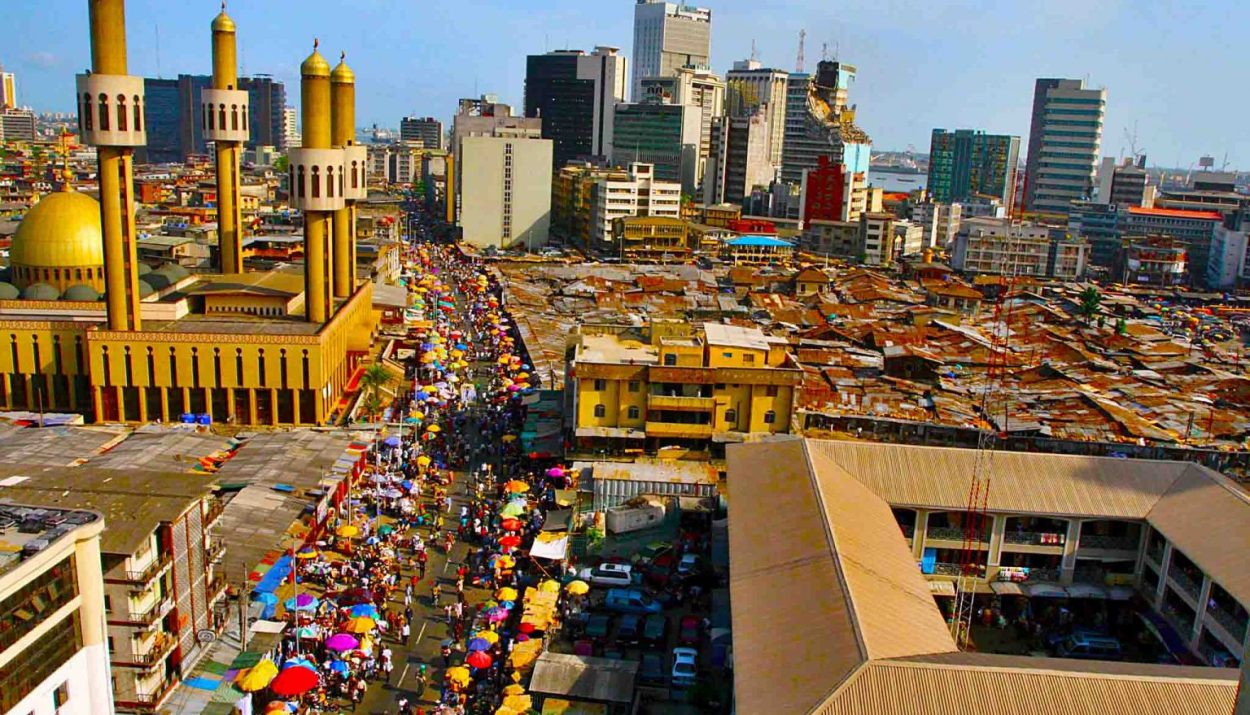A recent report by BuyLetLive highlights a troubling trend in Lagos: discriminatory practices by landlords are affecting the housing prospects for female tenants. According to the report, single women face significant barriers in the rental market, contributing to their lower representation compared to their male counterparts.
The study reveals that Lagos’s rental market is predominantly occupied by young men, particularly those aged 25-30. The data shows that 56.3% of residential respondents in Lagos are men, underscoring a gender imbalance in the housing sector. The report attributes this disparity to various factors, with economic conditions being a primary influence.
The World Bank’s 2023 report indicates a stark difference in labor force participation between genders in Nigeria, with men at 65.9% and women at 52.2%. Statistica’s data corroborates this, showing 40 million employed men compared to 31.3 million employed women. This financial disparity contributes to higher male representation in both rental and property ownership markets.
Lagos’s rental market is characterized by a preference for smaller apartments, with 43% of respondents residing in two-bedroom units and 41.5% in one-bedroom apartments. Most renters fall within the annual payment range of N500,000 to N1 million, aligning with the income bracket of N100,000 to N500,000 per month.
In response to the high demand for affordable housing, the Lagos State Government has proposed a monthly rent payment scheme, slated for implementation in 2025. Despite this, 62.6% of respondents still prefer annual rent payments.
Looking to the future, 89.6% of Lagos respondents express a desire to own property. In May 2024, the Federal Mortgage Bank increased the National Housing Fund mortgage limit from N15 million to N50 million, reflecting a growing preference for mortgage plans among Lagos residents.
Overall, the report emphasizes the need for more inclusive housing policies to address the gender imbalance in the Lagos rental market and improve access to affordable housing for all.





2 Comments